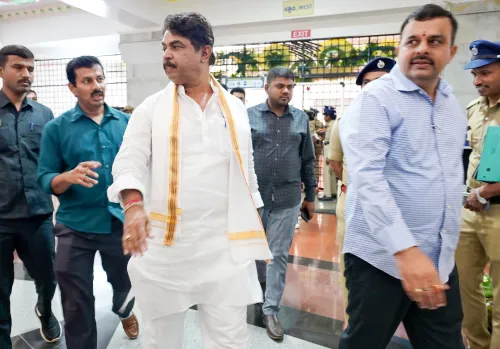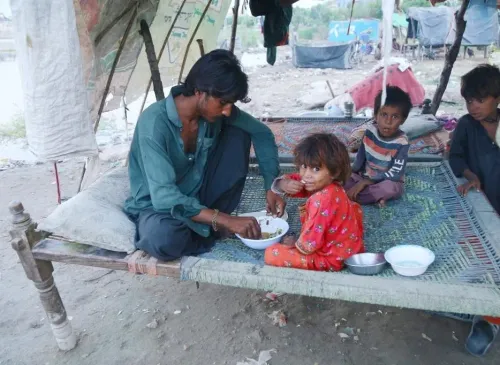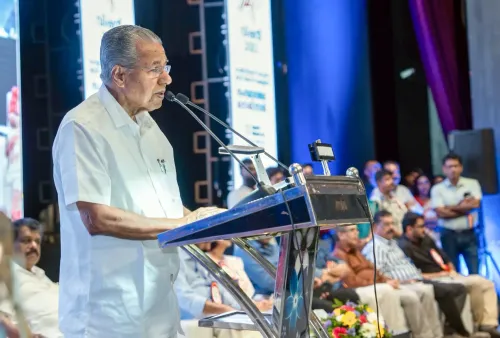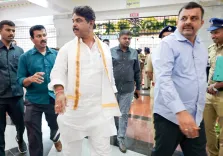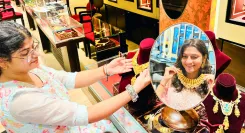Should EEPC India Push for Steel Products in India-US Trade Talks?
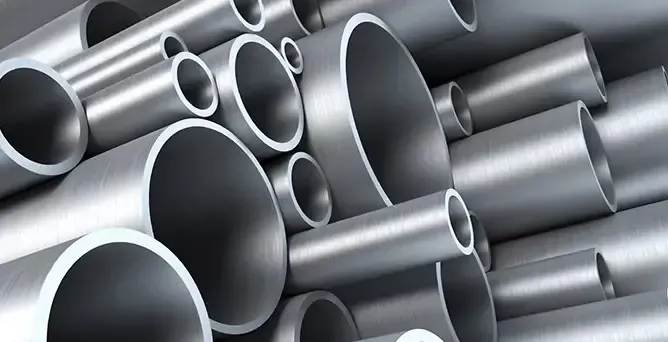
Synopsis
Key Takeaways
- EEPC India advocates for including steel and aluminium in trade talks.
- Current US tariffs impose a 50% burden on Indian exports.
- Support for MSMEs is critical for sustaining export growth.
- Negotiations with the EU must address tariff issues.
- Long-term planning for tariff reductions is essential.
New Delhi, Nov 10 (NationPress) The Engineering Export Promotion Council of India (EEPC India) has called on the government to advocate for the inclusion of various steel and aluminium products, particularly those manufactured by MSMEs, during the ongoing bilateral trade negotiations with the United States.
This leading engineering exports promotion organization has also requested the preservation of quota and out-of-quota tariff levels in the free trade agreement (FTA) discussions with the European Union (EU), as stated in an official announcement.
According to the engineering exports body, the US has levied a 50% tariff under Section 232, which has “significantly affected” engineering exports, underscoring the need to include certain products in the bilateral trade agreement (BTA) negotiations.
“The imposition of a 50% tariff by the US escalates the tariff differential with our competitors to an average of 30%. This undoubtedly affects our standing in the US market. A dedicated support package that can offset at least 15% of this differential would be beneficial in maintaining our market position,” stated Pankaj Chadha, Chairman of EEPC India.
Moreover, EEPC has expressed apprehension regarding an EU proposal to diminish quotas and elevate out-of-quota tariffs to 50%, deeming this action problematic due to its impact on exporters' volumes and the omission of specific products from FTA discussions.
Chadha emphasized that these issues should also be addressed in FTA negotiations and that tariffs should be gradually eliminated once the FTA is established.
EEPC has requested the exemption of stainless-steel long products (categories 14, 15, and 22) from the EU tariff-rate quotas, highlighting their significance in MSMEs and their strategic value.
For additional product categories, the Engineering Exports Promotion Council proposed an increase in quota volumes.
“It should be ensured that out-of-quota tariffs do not surpass 25% and are gradually phased out over a span of five to six years, especially in light of the ongoing FTA negotiations with the EU,” Chadha remarked.


